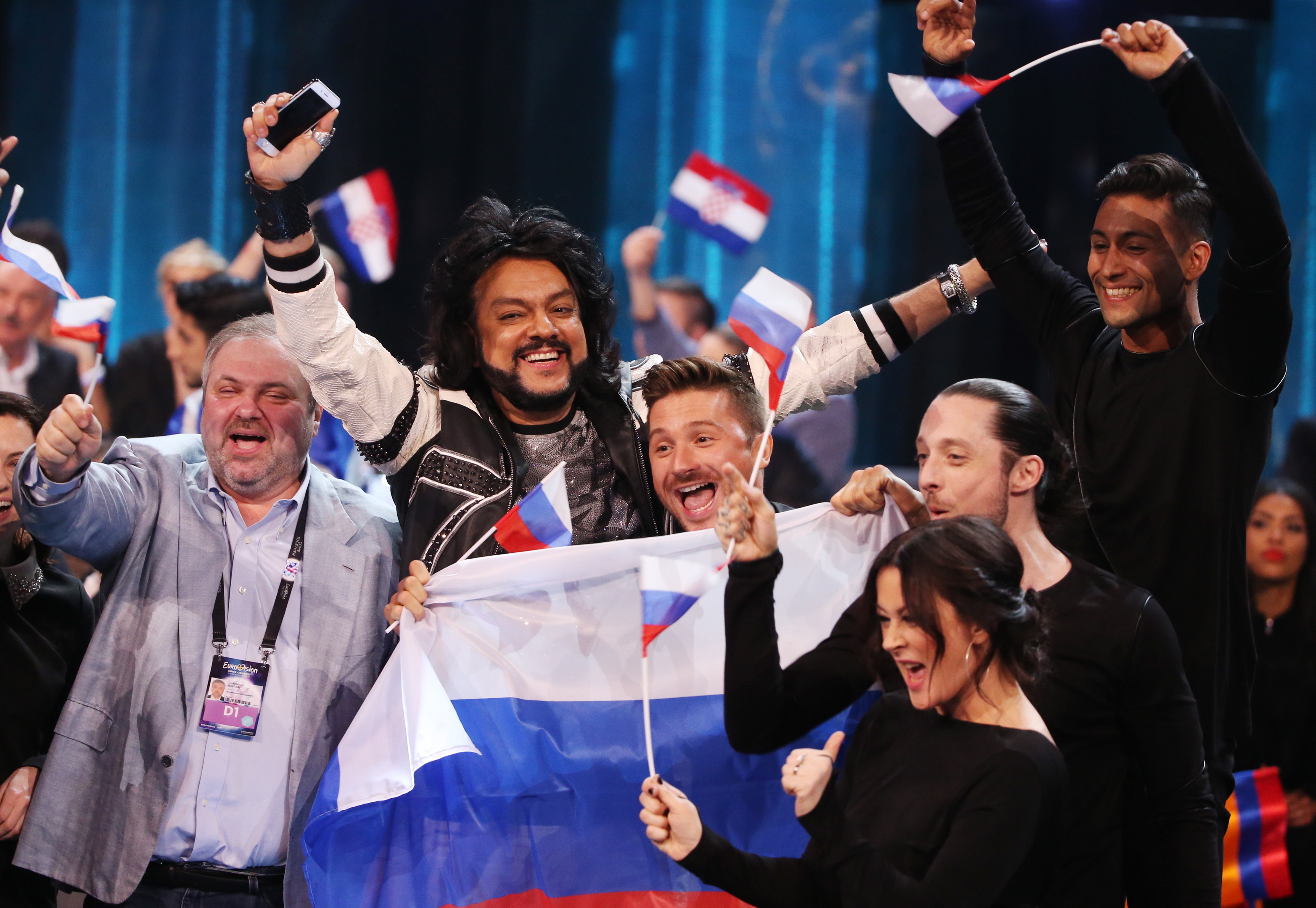
RUSSIA or France are most likely to triumph at this year’s Eurovision Song Contest – but it’s not thanks to their choice of singer or stage performance.
Instead, both countries have picked songs whose titles contain words that have a strong pedigree for winning the competition.
Russia’s entry, You Are the Only One, and France’s entry, I Have Searched For, both contain at least two of the most “successful” words in the contest’s history.
The Press Association has analysed the titles of every song that has come first, second or third since Eurovision began in 1956 (179 songs in total).
The most frequently-used word, after the definite and indefinite article (“the” and “a”), is “love”.
“Me”, “I” and “you” are the next most popular.
The top 20 also includes less predictable words such as “little” “let” and “yes”.
Eurovision 2016: Who are the UK’s entrants Joe and Jake? – click here to read more
If the past trends continue, Russia and France stand the best chance of a strong finish in this year’s contest, which takes place in Stockholm on Saturday.
The UK’s entry, You’re Not Alone by Joe & Jake, does not contain any of the top 20 words – although “not” has turned up a few times, most recently in 2012’s third-place song by Serbia, Love is Not an Object.
Words a little further down the list include “child”, “rock”, “blue” and – the songwriters’ favourite – “la”.
Some of the oddest words to appear in the titles of Eurovision’s highest-placed songs include “wax”, “gravity”, “birdie” and, perhaps most peculiar of all, “terminal”.
It wouldn’t be Eurovision without some eccentric words appearing on the list, of which “diggi-loo” is possibly the most bizarre.
The song Diggi-loo Diggi-ley, by the Swedish group Herrey’s, won the Eurovision Song Contest in 1984.
Its title was comprised of two nonsense words that were pronounced the same in both Swedish and English.
Based on the Press Association’s findings, future Eurovision contestants hoping for a top-three finish might like to consider songs with titles such as Let a Little Love In or Yes – My Love is For You.
READ MORE
Eurovision without Terry Wogan will still be television gold

Enjoy the convenience of having The Sunday Post delivered as a digital ePaper straight to your smartphone, tablet or computer.
Subscribe for only £5.49 a month and enjoy all the benefits of the printed paper as a digital replica.
Subscribe